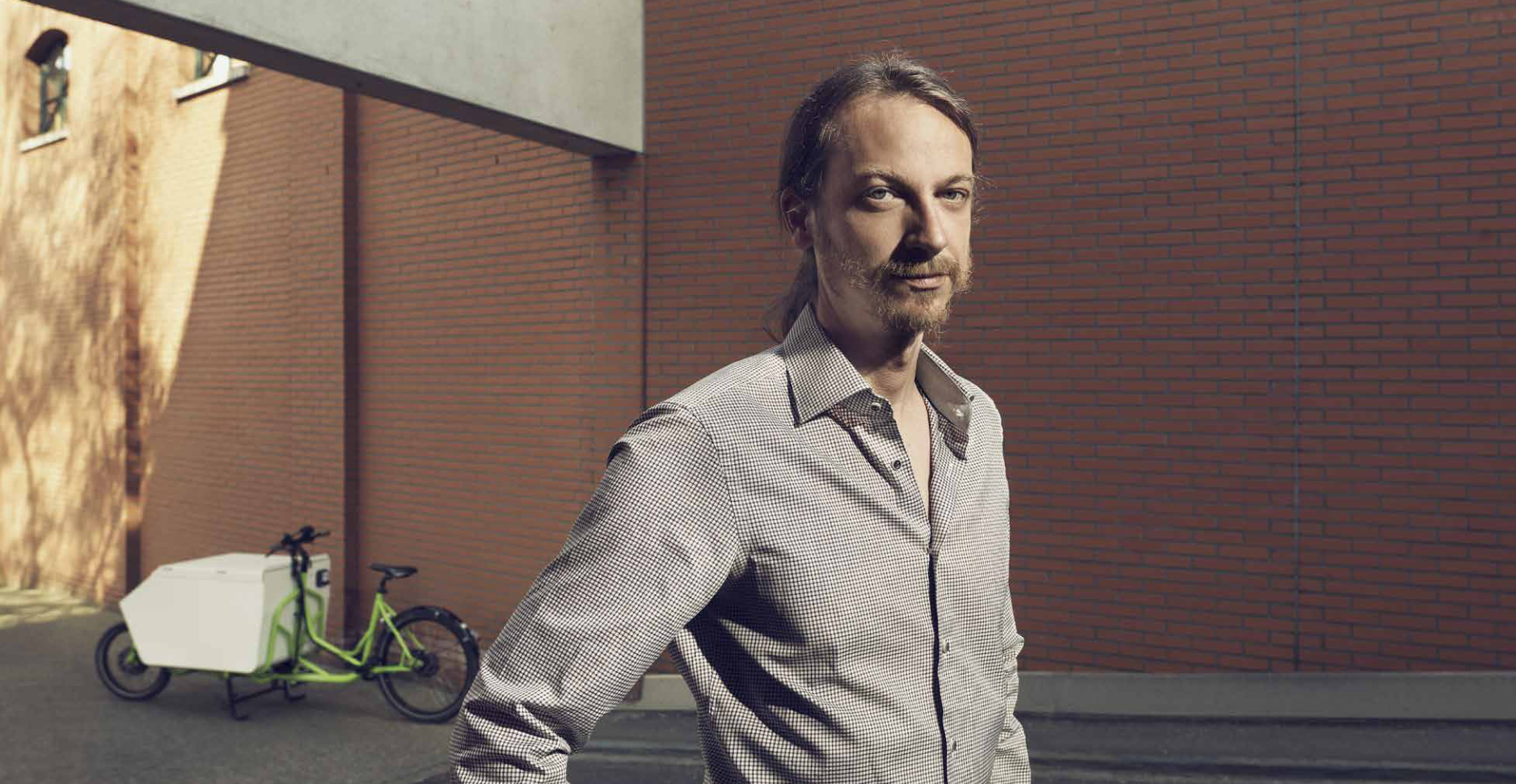
Interview with Paztir CEO Andrej Sobotkiewicz
BY TOM PARR, CO-ORGANISER OF THE INTERNATIONAL CARGO BIKE FESTIVAL
Cycle logistics is an industry in the process of growing up. The use of pedal power to get goods from A to B – once looked upon as ‘alternative’ and unconventional – is now being taken seriously by both investors and the business world.
One business at the vanguard of this shift is Paztir. Socially aware yet ambitious, Paztir is a truly pan-European business with a solid, growing base in the Netherlands. Founded in 2017, the business sailed through start-up and scale-up phases, rapidly accelerating to a ten-strong team recruited from across the continent.
As Andrej Sobotkiewicz, Founder and CEO of Paztir, prepares to steer the business into 2021, he talks about the scale-up’s origin story, the challenges of 2020 and how he sees the future of last-mile logistics.
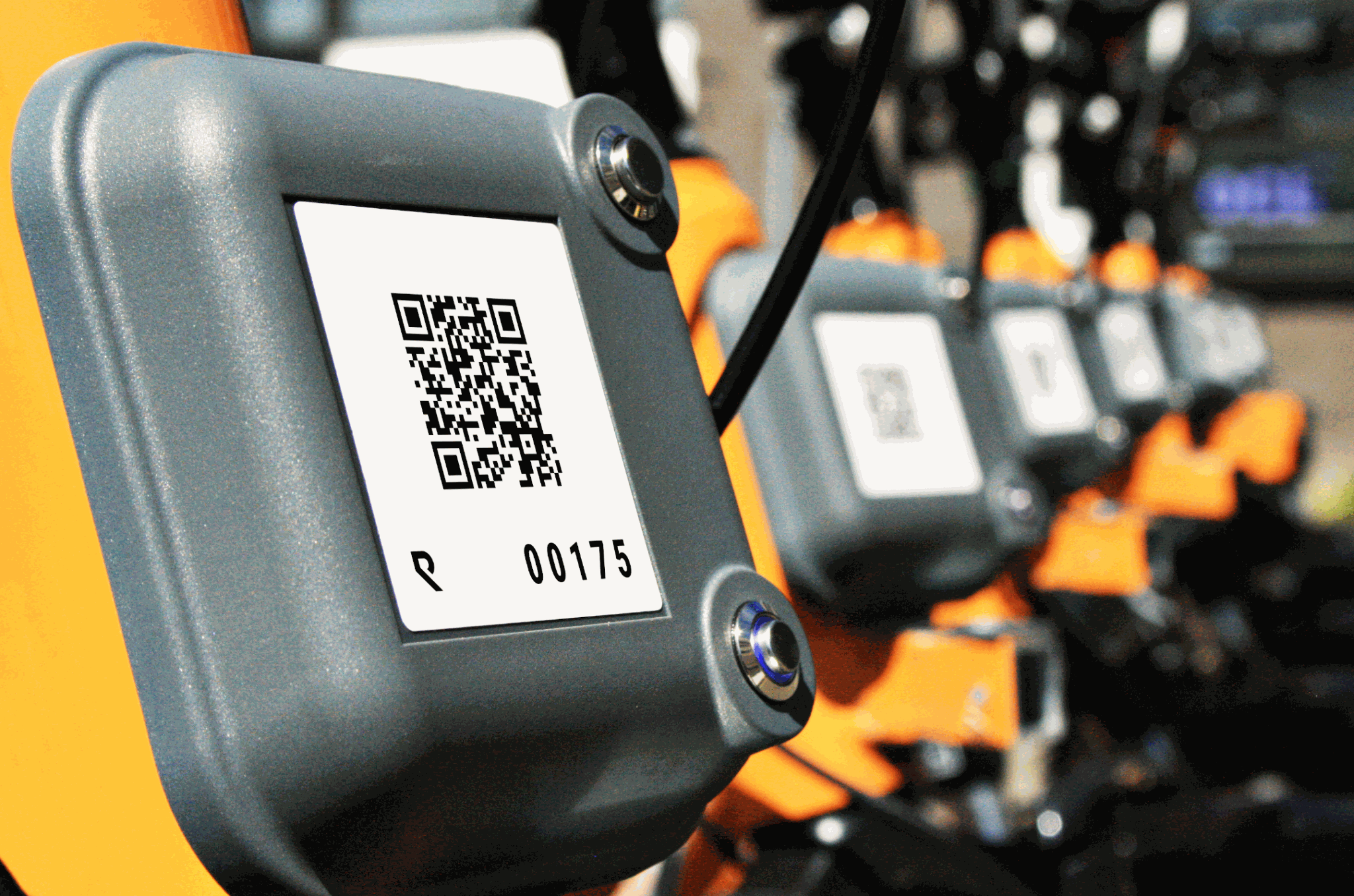 Paztir's IoT technology installed on Ebike4Delivery vehicles
Paztir's IoT technology installed on Ebike4Delivery vehicles
Photo: Paztir
Their idea is simple enough – apply the principles of the Internet of Things (IoT) to last-mile logistics and a whole raft of advantages open up. Connectivity brings both efficiency and security. But if Paztir’s system is based on simple concepts, then behind the scenes, state of the art technology is at work. The glue that holds the company together, Founder and CEO Andrej Sobotkiewicz, talks us through how they got here, what Paztir are doing now and where they’re headed.
Could you tell us a little about your own entrepreneurial journey?
“From the age of 14 years old, it was clear to me that I wanted to run my own business. I didn’t know exactly what I wanted to do, but I was always attracted by mobility."
"After high school I studied entrepreneurship at the University of Maribor. Then I worked for 12 months in a digital marketing and advertising agency, which has to this day been my only employment.
“When I met my wife Nerina, we started an entrepreneurial journey together. We ran a small graphic design studio; I focused on the business while Nerina worked on the visual identities, webpages and so on. But we had soon had enough of what almost felt like the deceiving nature of this business; we wanted to do something that would have a positive impact on the world. We saw the electric bike market starting-up and immediately thought it could be an opportunity for us to do just that.
“We’ve learnt a lot since we started our first company, Lock&Charge, in Italy and developed a solution for locking, charging and sharing of e-bikes. We were underfunded though and the technology was too complex to make it reliable with the available budget. Whilst searching for ways of moving forward we came across the world of cargo bikes. We saw a gap in the market for electronic locking solutions and started adapting our Lock&Charge platform to the needs of the cargo bike market. That’s when we started Paztir in the Netherlands and started to test the market. We saw the potential was real, raised money from investors and started developing what we now know as the Paztir system.”
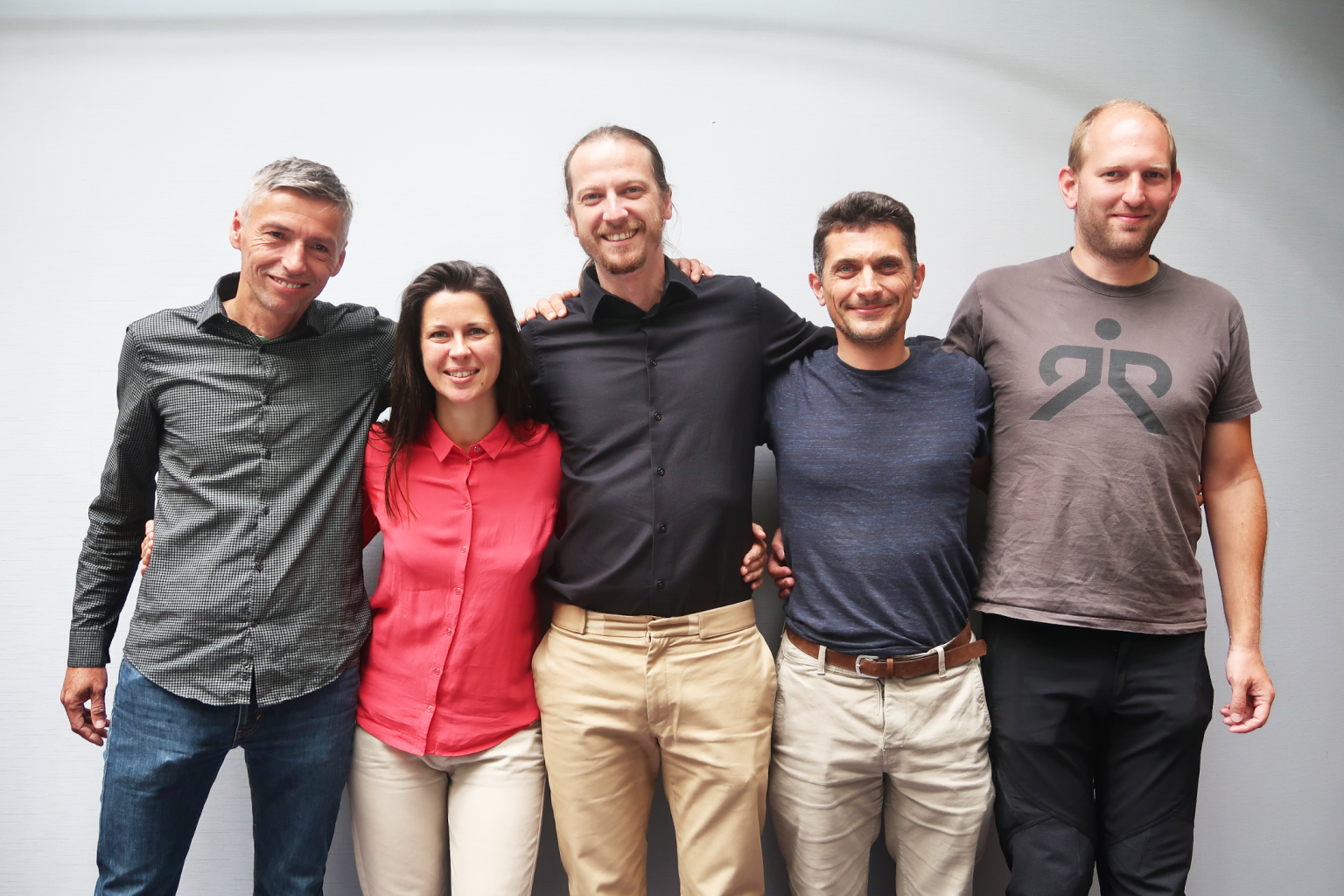 Paztir's Founders (left to right): Jurij Čelešnik, Nerina Čorbadžić, Andrej Sobotkiewicz, Jure Vižintin and Jure Koren.
Paztir's Founders (left to right): Jurij Čelešnik, Nerina Čorbadžić, Andrej Sobotkiewicz, Jure Vižintin and Jure Koren.
Photo courtesy Rayhaan Imam
What sparked your interest in the last mile logistics? Can you pinpoint a moment?
“It was a conversation with the German manufacturer Radkutsche, with whom we established our first cargo bike contact. They were one of the first on the market and seemed to know what they were doing. We then went to the International Cargo Bike festival in Nijmegen – a real eye-opener."
"That’s where we realised; this was a real market with real needs we could address.”
What is it about the Netherlands that made you set up your base there?
“I think we are really lucky to have been born in Europe. We are able to cross borders and open up companies in “foreign” countries – no problem. Most of our team comes from Slovenia, but in our country the entrepreneurial environment is not as favourable. The Netherlands was the logical market to set up in. When we were building Lock&Charge it became clear that it is hard to operate in a market that does not understand our business. For example, in Italy cycling is a sport. There is a huge market for road cycling and mountain biking, but the idea of using your bike in daily life to get around, or as part of your business, that’s not developed at all.
“In contrast, everybody knows the Netherlands as a country of bikes. The difference was amazing. Whenever we went, people understood what we were talking about and what issues we were addressing. It was also much easier to fund the company, raise money and to operate from the country (the Dutch are historically known as traders). Furthermore, our customers perceive us differently if we are a Dutch and not a Slovenian entity.”
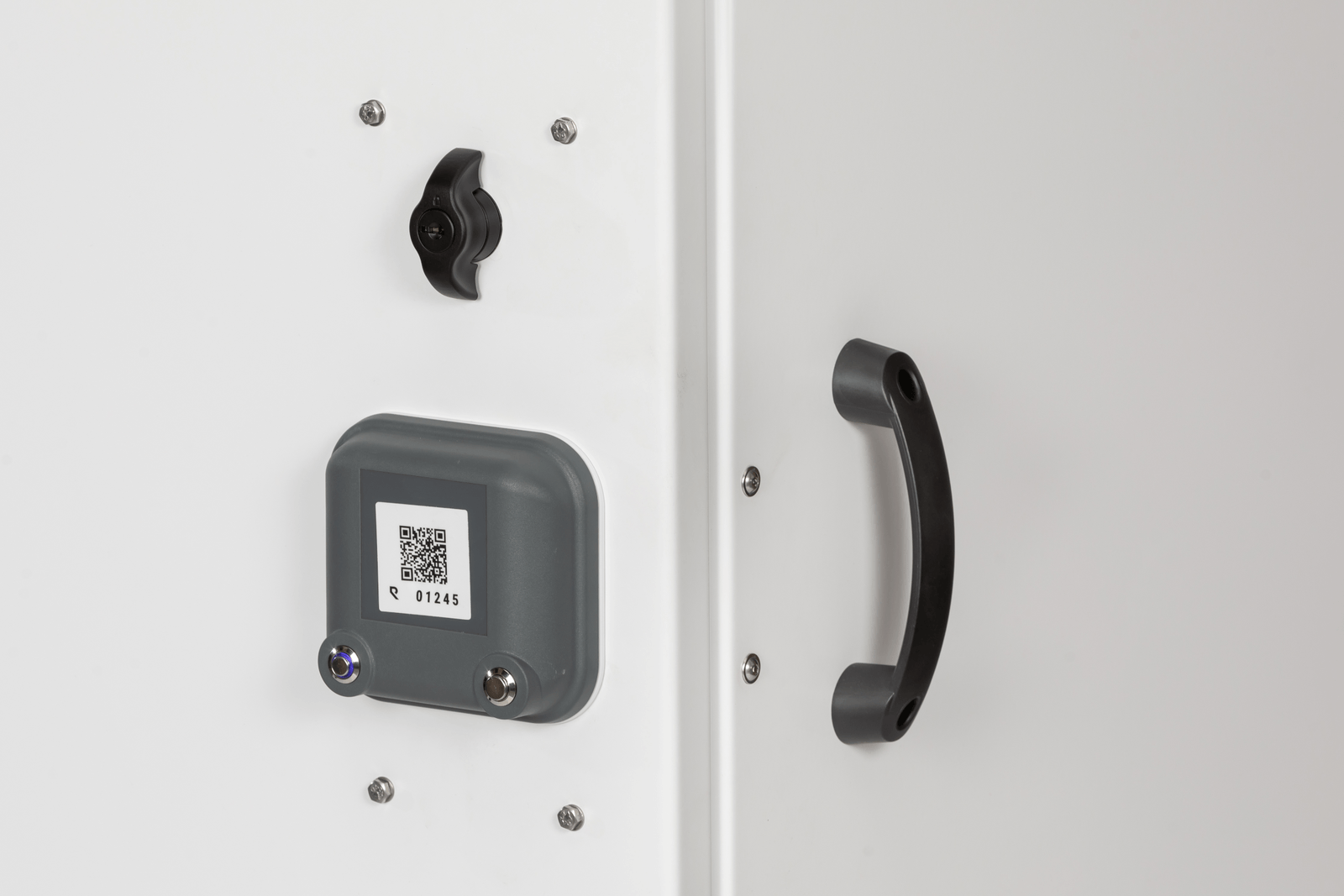
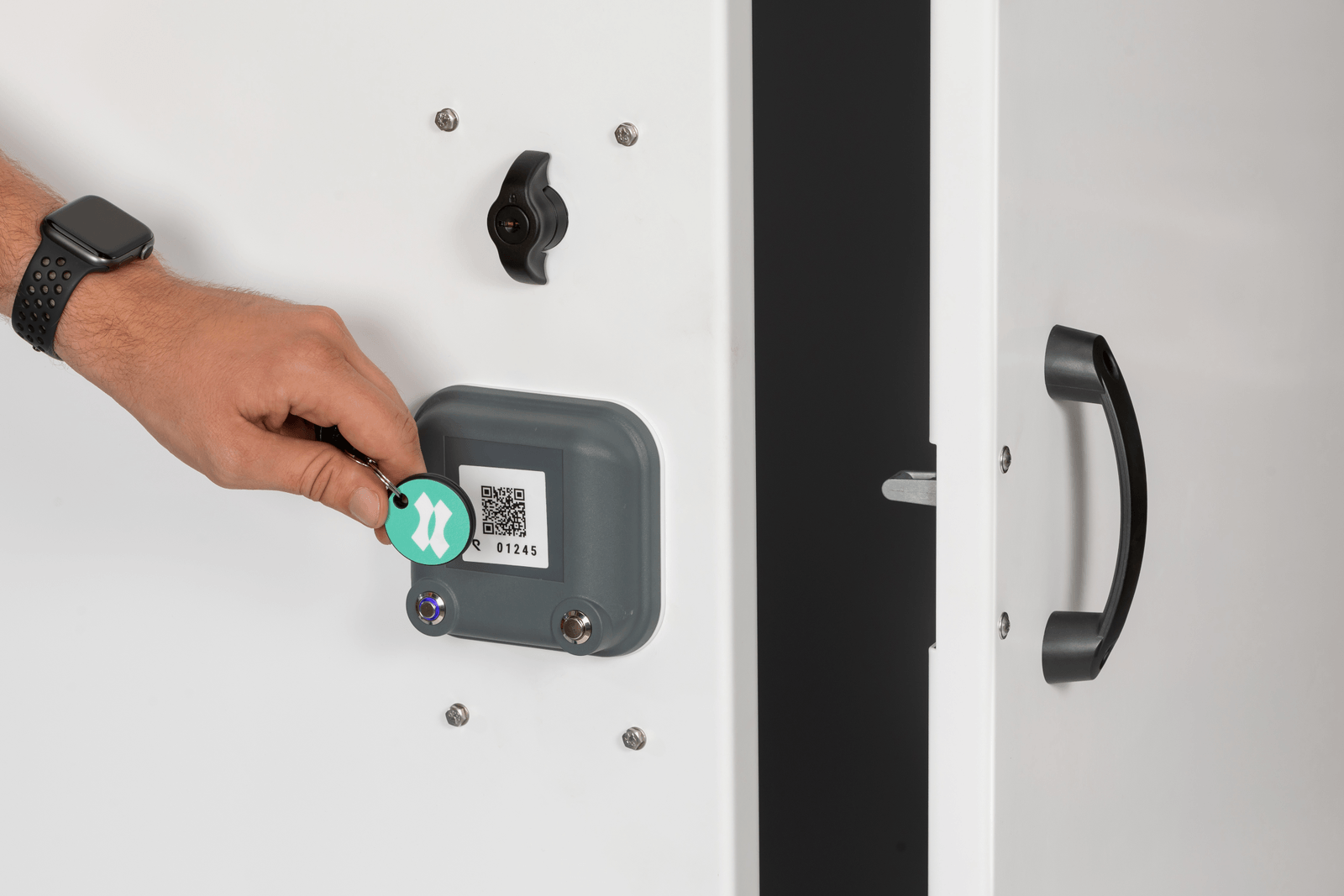 Paztir's IoT technology integrated into Cargo Cycling vehicles
Paztir's IoT technology integrated into Cargo Cycling vehicles
Photo Cargo Cycling
Paztir has expanded rapidly in the last four years. How have you navigated scaling up whilst sticking to your philosophy?
“Indeed we are able to call ourselves a scale-up now."
"Entrepreneurship is full of ups and downs, so a thick skin is quite important."
"You need to keep your targets clearly in mind; there’s a Slovenian saying I always remember which says that ‘nothing gets served as hot as it was cooked’. I get a lot of support from my family, especially Nerina, who has supported me since the first day we started our journey together. I’m not sure if or how I would have managed those tricky situations without her.
“From the business side, the support and understanding of investors is key. We are in a market that is more of a marathon than a sprint, which means long lead times from when you get to know a potential client till the point you start making business with them. We are focused on building relationships with our customers, and even though this takes longer, it makes the business sustainable.
“I’m really proud of our team – we’ve spent a lot of time and care building it. Not just in terms of how they perform, but how they act, how they think and what their priorities in life are. For now, we can consider ourselves lucky to have attracted very talented professionals with complementary skills and knowledge who respect each other and are not on ego-trips.”
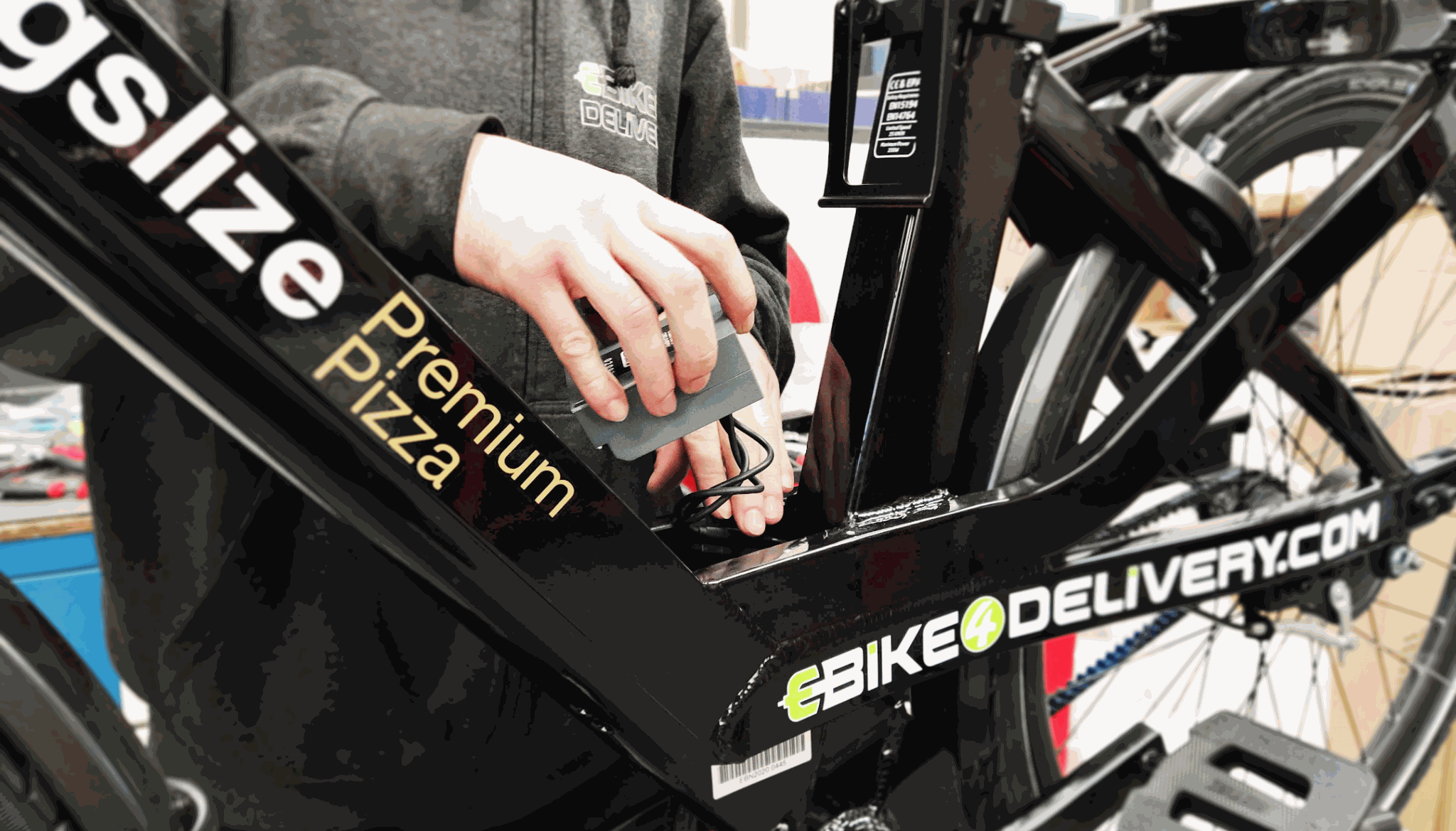 Integration of Paztir's IoT technology into Ebike4Delivery Gen3 Ebikes
Integration of Paztir's IoT technology into Ebike4Delivery Gen3 Ebikes
Photo: Paztir
What new features in the Paztir system excite you the most?
“Access management. The way the system recognises you and how this allows you to seamlessly manage the vehicle and box. We’ve got big plans for that in the future too. I use the system in my everyday life on my cargo bike and can say it’s really convenient. Maybe the CAN-bus data reading ability which we have now will change that a bit, but I consider ownership as a key need of our ecosystem and access management as the most vital part of exercising ownership rights.”
"I consider ownership as a key need of our ecosystem and access management as the most vital part of exercising ownership rights.”
How would you look back on 2020?
“2020 was a very, very tough year. We had just started launching the system with EBN (our most important customer) when they started feeling impact of COVID. Their frame manufacturer is from the area in which the virus originated, so that caused some disruption to our plans and sales performance. It took time to recover.
But the second part of the year left us with more optimism. We successfully started our first pilot in the USA with one of the biggest e-commerce platforms in the world – that’s massive for us. We also managed to launch new electronics with additional added value and completely changed how the device-cloud communication works. We also stabilised the overall system performance and onboarded new customers.”
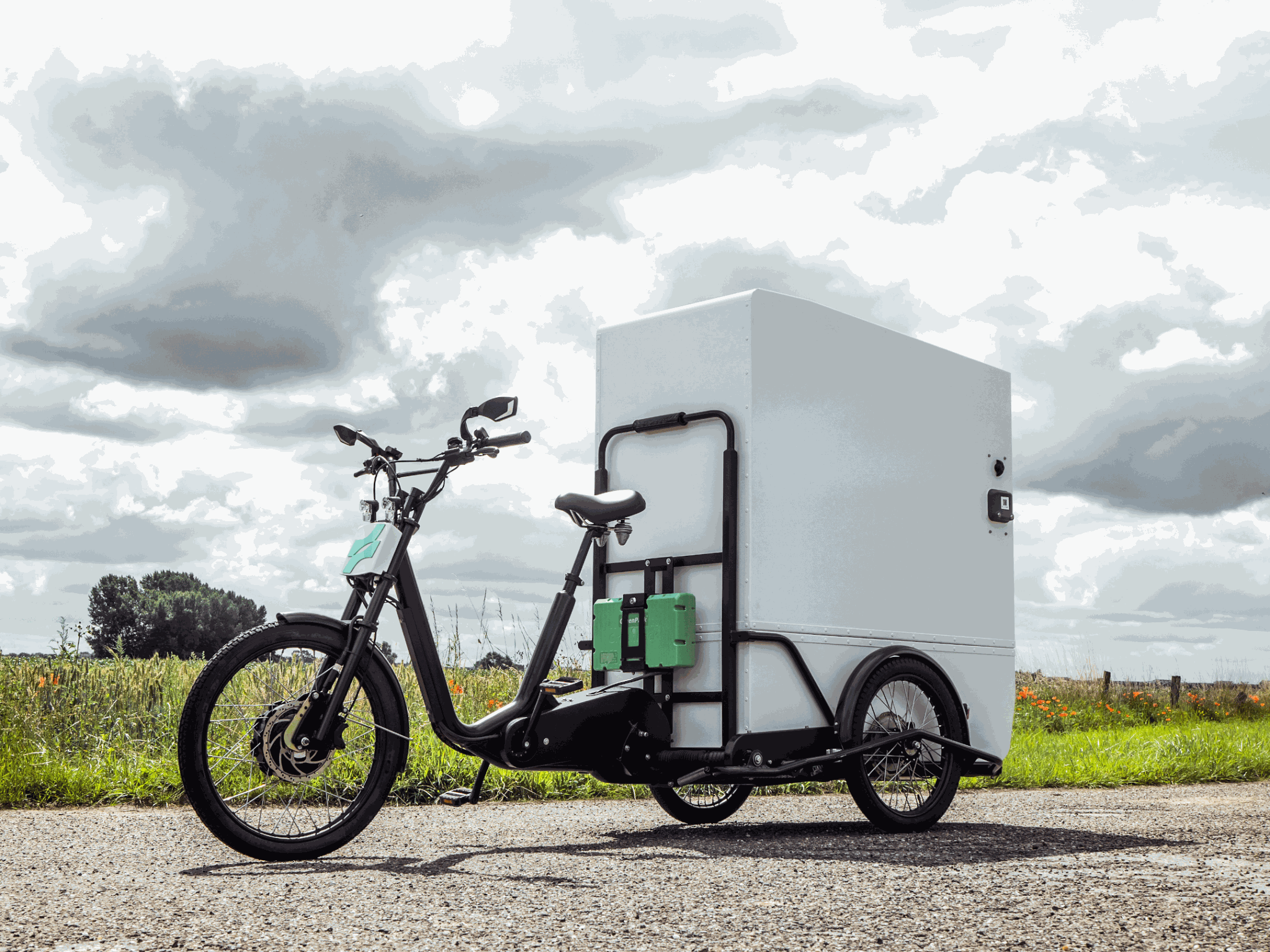 Paztir's IoT technology integrated into Cargo Cycling's Chariot
Paztir's IoT technology integrated into Cargo Cycling's Chariot
Photo Cargo Cycling
Has COVID had a lasting impact on Paztir, and if so what kind of impact?
“Very much so. At the beginning we thought that, because the use of bikes is rising and e-commerce is increasing considerably, it would be all milk and honey. In practice it meant that we have not been able to visit customers as we would like to. It also impacted our marketing activities, as all of the usual trade shows we attend were cancelled.
“We have fundamentally restructured the way we address the market and how we build relationships with customers. The funny thing is that due to COVID, cargo bikes and LEVs are getting more attention, increasing sales, but the manufacturers in these fields are predominantly SMEs, so they started focusing more on producing their vehicles and postponed some other projects.”
What trends and challenges do you see for last mile logistics in the next 5-10 years?
“We have discussed this a lot already in different cycle logistics circles, but I think the next big thing will be standardised containers."
"I think the next big thing will be standardised containers."
"Right now, everybody is trying to do their own cargo container, which is totally not efficient. A cargo bike is much smaller than a van, and if people need to load it, it is very time consuming. Standardised containers, which would fit on a majority of the cargo bikes and LEVs would bring a change similar to what we saw with international shipping in the 1970s with the introduction of standard shipping containers.”
What does last mile logistics look like in 2030, according to you?
“I think it will be much more connected and much more technology driven. With standard containers, pre-filled based on computer algorithms, already in the big sorting centres. The pre-filled containers will be driven into the city, and just attached to the cargo bikes or LEVs that will distribute parcels to customers. The route will be pre-defined by the sorting order. Once the driver approaches the end of his run, the computer will already know and bring the next box with new parcels.”
Finally, what are the next steps for Paztir in 2021?
“In 2021 we want to onboard more OEMs, with whom we will integrate the system into their fleet. We will be launching a new, improved parking brake system and want to close a strategic partnership with an important player from the market.”
Paztir is a truly pan-European company, with a base in the Netherlands and staff from across the continent, but please tell us more about the name Paztir. Where does it come from, what does it mean (literally and also to you personally) and how does it relate to what the company does? Is there a story behind the name?
“In the Slavic languages, “Pastir” means “shepherd”. We thought it’s a great fit for what we are trying to achieve. A system that takes care of the “herd of vehicles” out there in the field, making sure they are all well, healthy and doing what they should be doing.”